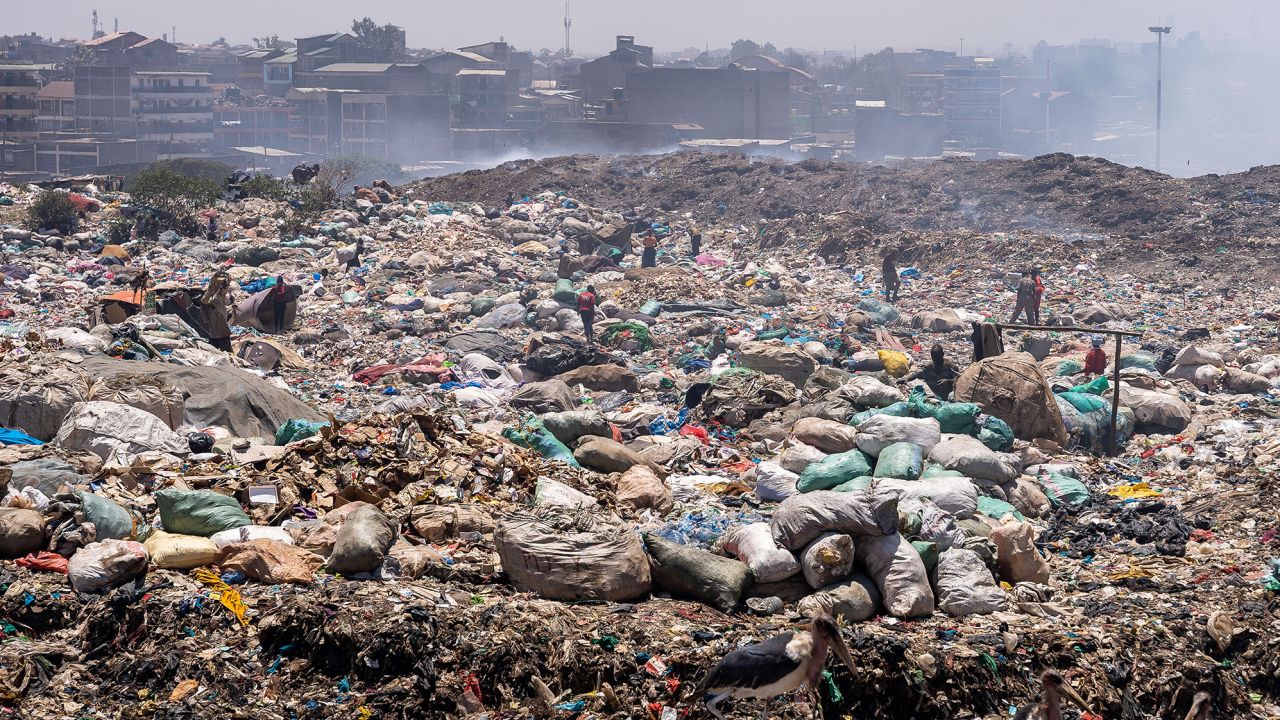Plastic pollution has become one of the most pressing environmental issues as the production of disposable plastic products continues to increase. It is most visible in developing Asian and African nations, where garbage collection systems are inefficient or entirely nonexistent. As a result, plastic pollution can alter habitats and natural processes, threatening oceans and wildlife by reducing ecosystems’ ability to adapt to climate change. When plastic is broken down into microplastics, it can expose humans to toxic chemicals such as phthalates and BPA.
Tackling this issue requires stricter standards for non-recyclable waste and increased responsibility of manufacturers for their plastic products’ impacts. The United Nations Environment Assembly Aims to provide governments and businesses with a roadmap to cut levels of plastic pollution by focusing on three objectives: reuse, recycle, and alternative materials. By promoting recycling, discontinuing the fossil fuel subsidies that make new plastic products cheaper, and encouraging the use of alternative materials for single-use products, we can alleviate plastic pollution by 80% in less than two decades.
The United Nations approved a landmark agreement to create a global plastic pollution treaty described by the UNEA as “the most significant environmental deal since the Paris Accord.” Member states liaised for over a week in Nairobi, Kenya to compromise the outline of a pact intended to minimize plastic pollution. They resolved to create a legally binding plastic pollution treaty, set to be finalized by 2024.

People collecting plastic waste in a dump site located in Nairobi, Kenya (CNN.com)
